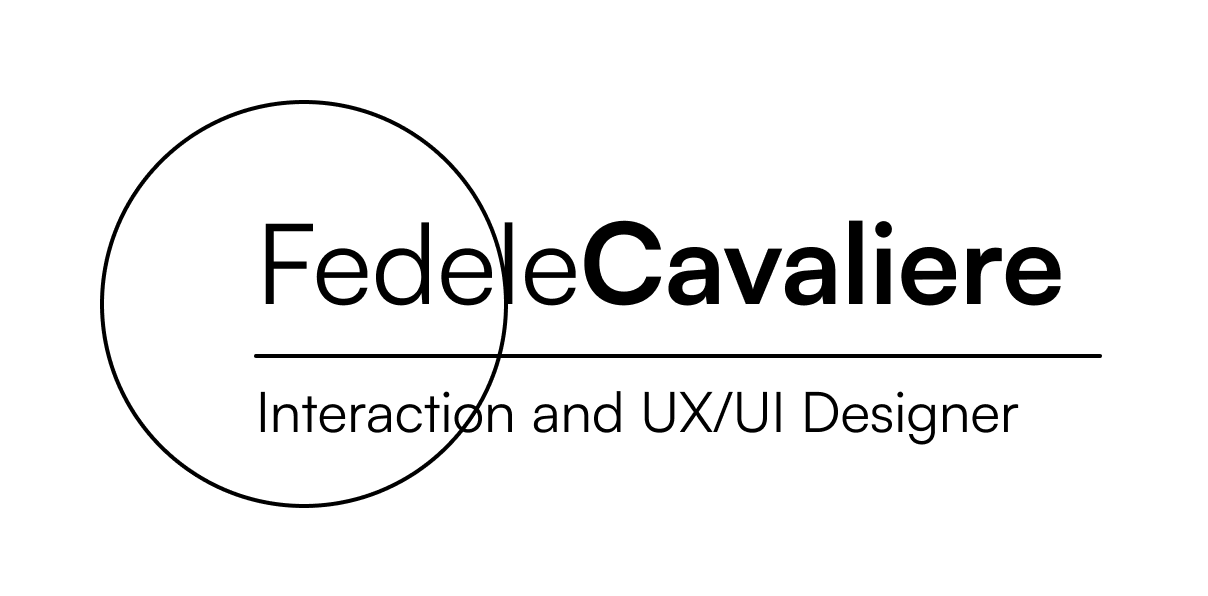easyDream
Redefine customer experience for Travel Inspiration
Time
May 2021
Client
easyJet
Project Type
UX/UI Designer
Role
UX Designer
Tools
Figma, Protopie

Problem outline
The brief launched by the challenge partner easyJet was to seek an innovative, creative, and pleasant way to help customers find inspiration for their trips and holidays. All by exploiting the brand’s current offer in terms of flights and destinations.
Given the time constraints of the challenge (only 48 hours to deliver a concept), the research focused mainly on desk activities and a questionnaire.
Who are the users, how they get inspired
We spread a questionnaire to understand which are the cluster of users based on their type of destination and habits

After that, we mapped the most frequent sources of inspiration per each cluster of age and travel motivation

Too many “top 10 destinations”,
too few emotional levers.
The large majority of inspiration sources showed a recurrent pattern of ready-made solutions for commonly liked destinations.
A serious involvement of users' desires and expectations was missing.

The solution
Leveraging on users' emotional expectations, easyDream offers to users a wide selection of video footage of different places on earth that communicates a certain mood (and implicitly activities). With these moods, users may agree or disagree. All they have to do is swipe right if they like or left if dislike.
In the back end, the easyDream algorithm compares moods liked by users with the current offer of flights and destinations of EasyJet. When a match of one or more destinations is found, those are shown to users. At that point, users can filter solutions by price and distance.

1. Swipe right and left
to express your mood

2. easyDream finds some
magic for you

3. Scroll among destinations
matching with your expectations

4. Check details of
available destinations
Group trips
Additionally, easyDream features a further functionality that serves users traveling in groups, solving all the matters related to personal tastes and effective satisfaction of individuals in a group of many users.
By creating a group of registered users, the algorithm of easyDream is able to include the mood preferences of all the members. Eventually, the group gets matched with destinations able to satisfy everyone at the same time.


Conclusion
Considering the project context, I see this experience as a huge opportunity of learning about designing effectively in a very narrow time window. In this project, I put a stronger effort on the side of the preliminary research in order to provide the highest soundness possible to the concept and motivate every design choice to the jury (and users of course!).
Traveling and inspiration research for travel is something that affects the deepest and most personal side of ourselves. In order to deliver a bullet-proof concept to actually make an innovation in this field, discovering what really drives humans to choose an exact destination and an exact mood is the best practice to find the way through the design process.

